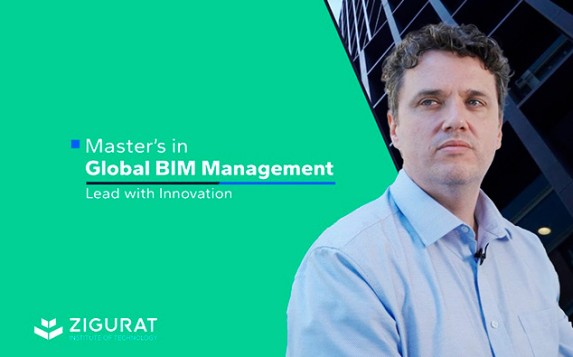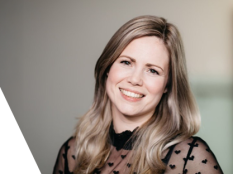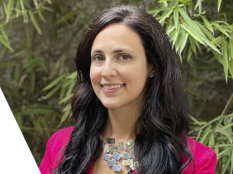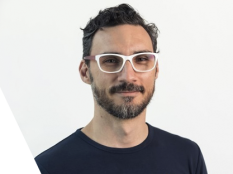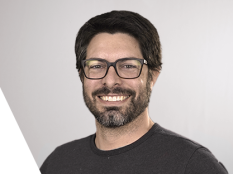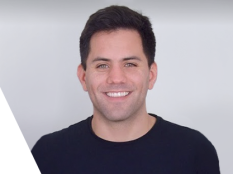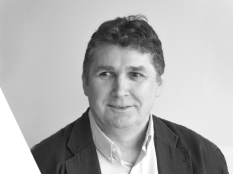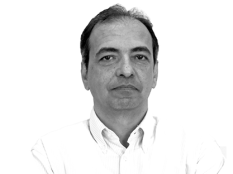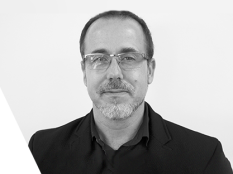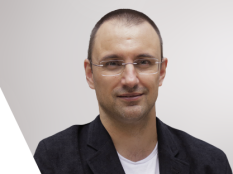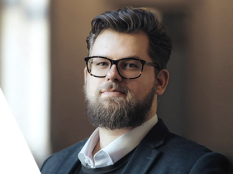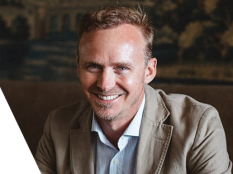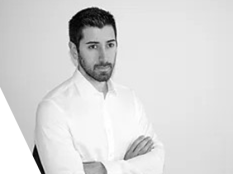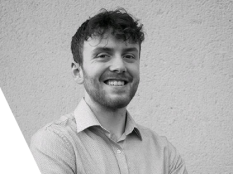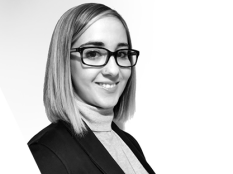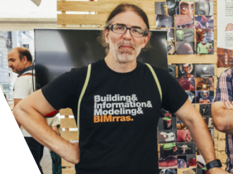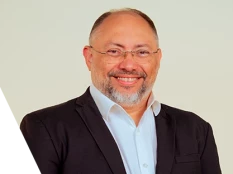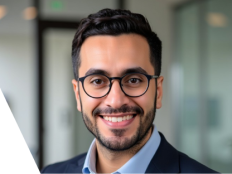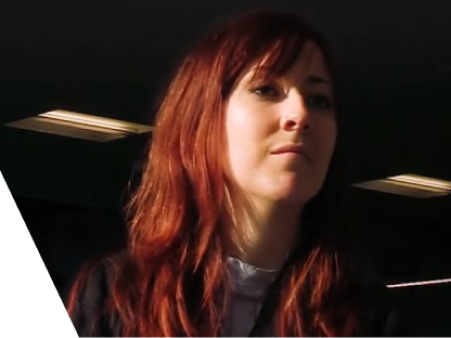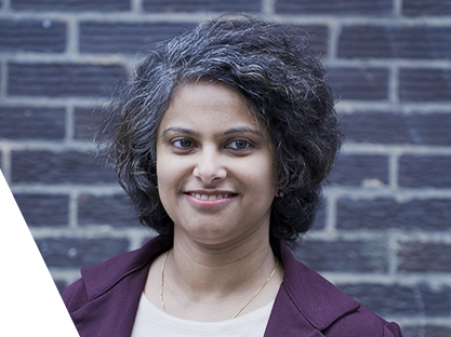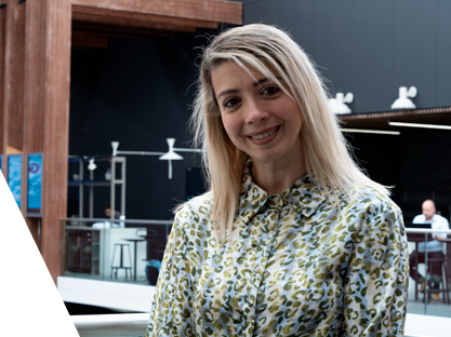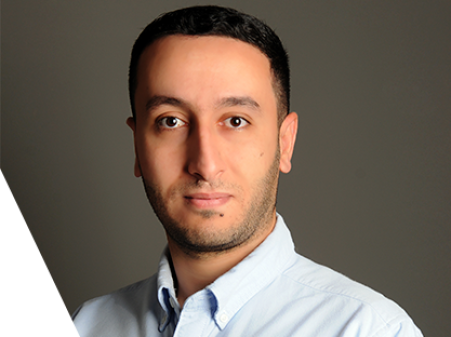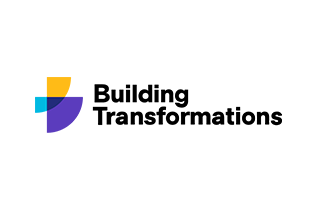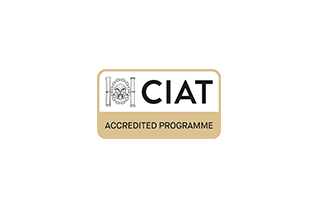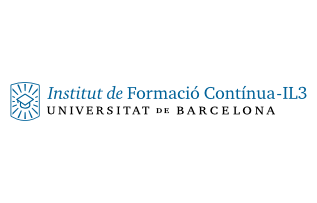Master’s in Global BIM Management
Double degree
Language
English
Duration
1 academic year
Starts in
May 2026
Credits
60 ECTS
Methodology
Live Online
Learn more about our BIM Master’s
With the BIM Management Master’s at ZIGURAT, you will shape the digitalisation of the construction sector.
This live online Master’s in BIM Management prepares you to lead multidisciplinary teams, managing information and deliverables across the entire project lifecycle within a collaborative, international environment.
You will gain the skills to manage all the project data handled by a BIM Manager: from costs, safety, clash detection, scheduling and sustainability, to the efficient operation of facilities used by architects, engineers, owners and contractors in the AEC sector.
Throughout the programme, you will work with OpenBIM standards (IFC, CDE) and develop a Final Master’s Project based on a 100% real BIM project, starting from the very first modules.




BIM Management Master’s Content
60 ECTS
Start your transformation as a BIM Manager
BIM Management
BIM for Design
BIM for Construction
BIM for Asset Management
BIM Implementation
Final Master’s Project in BIM
Our BIM experts
Master's Director
Vicki Reynolds
Directora de Tecnología en One Creative Environments | Women in BIM | NIMA Ambassador
BIM Testimonials
The ZIGURAT methodology
Active & Social Learning
Training based on participation and collaboration
Studying at ZIGURAT means expanding your professional network and having the unique opportunity to participate in selective working groups, decided on through the expertise of our professors: leaders in technological innovation and construction.
Lifelong Support
A holistic view of the professional profile
From the initial orientation to post-Master's advice, we guide you to have a critical and 360º vision of your future as an expert in the sector.
Online Experience
Interactive and flexible digital experiences
Through live sessions with industry leaders and high-quality materials on global case studies, our learning approach adapts well to the hybrid pace of today's professionals.
FAQ
What career opportunities will I have after the BIM Master’s?
After the BIM Master’s, you will be able to work as a BIM Manager, Head of BIM Department, BIM Coordinator, BIM Consultant, BIM Modeller, BIM Designer, BIM Engineer, BIM Technician, Facility Management Contractor, among other roles related to BIM management and coordination in architecture, engineering, and construction within the AEC sector.
Which professional profiles are best suited for the Master’s in BIM Management?
The Online Master’s in BIM Management is designed for professionals in architecture, engineering, structures, and MEP within the AEC sector who are already using or planning to implement BIM. It is particularly suited for architects, engineers, contractors, and project managers who wish to take on responsibilities in the management, coordination, and leadership of projects with an OpenBIM vision and a focus on interoperability.
Through this programme, participants will acquire the advanced skills and knowledge needed to efficiently manage BIM projects, including overseeing project workflows, coordinating and collaborating with multidisciplinary teams, and ensuring that BIM models remain accurate and up to date.
Which BIM software will I learn? Does it include Revit?
Yes. You will work with Autodesk Revit both in the modules and in the Final Master’s Project (FMP), and you will have access to the Block 0 introductory course, the “Autodesk Training Centre,” and all the resources it offers. But there is much more software: Autodesk Navisworks, Trello, Twinmotion, Plannerly, Solibri, Slack, BIM Collab, Rhinoceros, Dalux, Dynamo, Teckla, Synchro, BIM Vision, Speckle, Catenda, and many other tools for BIM coordination, cost management, and planning. Upon completion, you will also be able to obtain Autodesk and Bentley certifications.
Which certifications are included in the Master’s in BIM Management?
In addition to Autodesk and Bentley, ZIGURAT’s Master’s in BIM Management is accredited by the Chartered Institute of Architectural Technologists (CIAT) and Building Transformations. This Master’s also offers a validation pathway towards the PG Dip of the MSc in Building Information Modelling and Project Collaboration at the University of Derby.
Is the Master’s in BIM Management online and does it award a university degree?
Yes, the Master’s in BIM Management follows a Live Online methodology. Each class is unique, allowing real-time interaction with professors through questions. In addition, it is worth 60 ECTS and offers a double degree accredited by IL3-University of Barcelona, along with ZIGURAT’s own qualification.
What does it mean to be a BIM Manager?
The BIM Manager is responsible for coordinating people, tools, and data, defining protocols and standards, ensuring the quality of the model, and overseeing the delivery of outputs (BEP, CDE, phase-based workflows). The Master’s in BIM Management prepares you to take on this role with a practical, results-oriented approach.
What is the BIM methodology and why OpenBIM?
BIM is a collaborative way of planning, designing, constructing, and managing building and infrastructure assets through digital models and information flows. OpenBIM uses open standards (IFC) and a CDE to ensure interoperability between disciplines and BIM software across the design, construction, operation, and maintenance phases.
Your BIM Journey Starts Here
Application for admission
Send us your application, your CV and a short presentation.
Personal interview
Our admissions team will arrange an interview with you.
Submission of documentation
Send us the necessary documentation to assess your application.
Admissions Committee
Our committee will evaluate your application.
Admission decision
If you meet the requirements, you will get your place.
Enrolment
Follow the enrolment steps indicated by the advisor.

